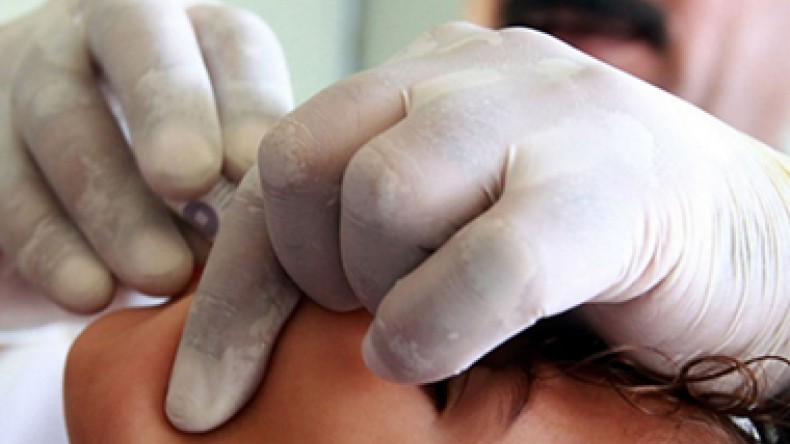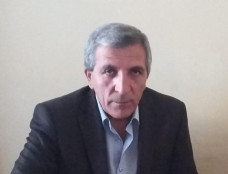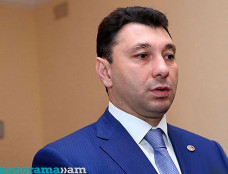
Concern over Iraq cholera outbreak prompts accelerated response
UNICEF is part of urgent efforts underway in Iraq to shield communities and families from the effects of a cholera outbreak that has already infected more than 2,200 people – about 20 per cent of them children—across 15 of the country's 18 governorates.
With concern rising that the disease could spread further due to recent torrential rains and ongoing insecurity, UNICEF – alongside the World Health Organisation – is supporting the response led by the Iraqi Ministry of Health, delivering and securing clean water supplies, providing treatment for people showing cholera symptoms, and undertaking a national communication campaign to help people protect themselves against the disease.
"There is unfortunately a high risk that cholera will reach more areas of Iraq, affecting marginalized and displaced children, women and their families in particular," said Peter Hawkins, UNICEF Representative in Iraq. "So we have to act fast."
Heavy rains in late October inundated several areas of the country considered vulnerable to the spread of cholera; for example, extensive flooding near Baghdad caused sewage systems to overflow, impacting 65,000 residents in camps for people displaced by Iraq's ongoing violence.
Newsfeed
Videos






























